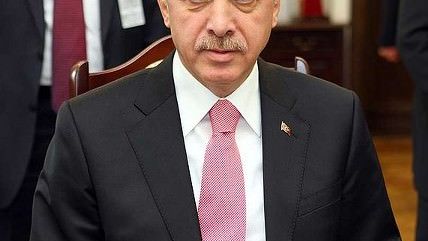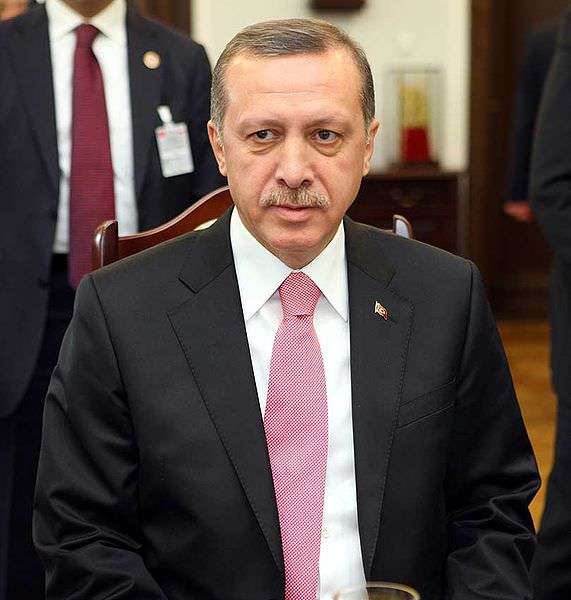Al Qaeda in Northern Syria Concerning Turkey's PM, One of the Rebels' Strongest Allies


Turkish Prime Minister Recep Tayyip Erdogan, one of the strongest allies of Assad's opposition, is increasingly concerned about the presence of Al Qaeda-linked rebels in northern Syria, who are trying to establish a foothold in the region.
According to UPI, the Al Qaeda Iraqi affiliate, the Islamic State of Iraq and al-Sham (ISIS), is fighting other rebels, including jihadis, in their attempt to secure areas in the north of Syria. Writing at Foreign Policy, the New American Foundation's Barak Barfi and the Washington Institute for Near East Policy's Aaron Y. Zelin have highlighted that ISIS, although a comparatively small rebel group, includes experienced fighters:
ISIS is thought to count 5,000 to 6,000 fighters within its ranks. That means it's a lot smaller than other rebel groups, such as the hard-line Salafi Syrian Islamic Front, which boasts 15,000 to 20,000 fighters. But ISIS has one important advantage: Many of its members have previously fought in other jihads, including in Iraq, Afghanistan, Yemen, and Libya.
Since the conflict in Syria began Turkey has demonstrated a willingness to shoot at Syrian forces across the border. However, as The New York Times reports, this week marked the first time that Turkish forces shelled a position in Syria occupied by jihadis. The New York Times goes on to report that the Turkish had been hoping for an escalation of U.S. intervention in Syria in response to the chemical attacks in Damascus suburbs last August. However, instead of military strikes a chemical weapons deal was agreed to, and Western strikes were not carried out.
Other supporters of Assad's opposition, such as Saudi Arabia, have made their frustrations with a lack of intervention known. Today it was announced that Saudi Arabia will not be taking its seat on the United Nations Security Council, protesting the lack of intervention in Syria.
Saudi Arabia has been sending arms to some of the moderate opposition in Syria, in the hope of helping topple the Iran-supported Assad regime, despite the fact that Assad's opposition includes Sunni jihadis, many of whom are not fans of the Saudi ruling family.
A Western military intervention in Syria is inconceivable as long as the current chemical weapons agreement is being implemented. However, Turkey and Saudi Arabia have both shown that they are willing to get involved in the conflict, and this involvement could escalate if Al Qaeda-linked rebels continue to seize territory in northern Syria.
